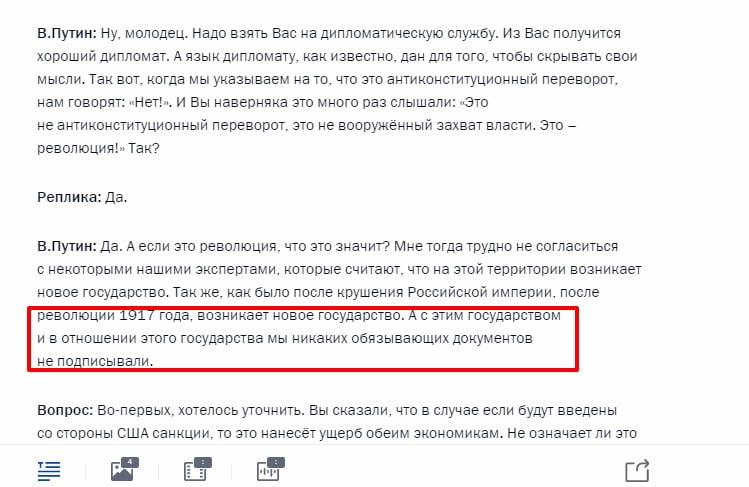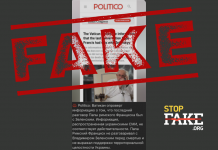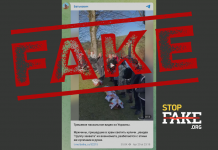During a January 26 press conference summing up Kremlin’s foreign policy in 2015, Russian Foreign Minister Sergey Lavrov announced that Russia did not violate the Budapest memorandum, which according to Lavrov contains only one commitment “not to use nuclear weapons against Ukraine”.

TASS, Izvestia, Russia’s Channel One, RBK Ukraine, Channel 112 and many other sites carried this story.
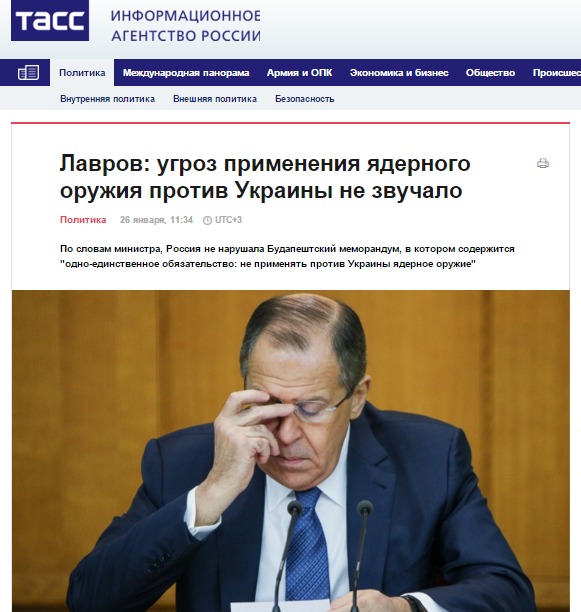
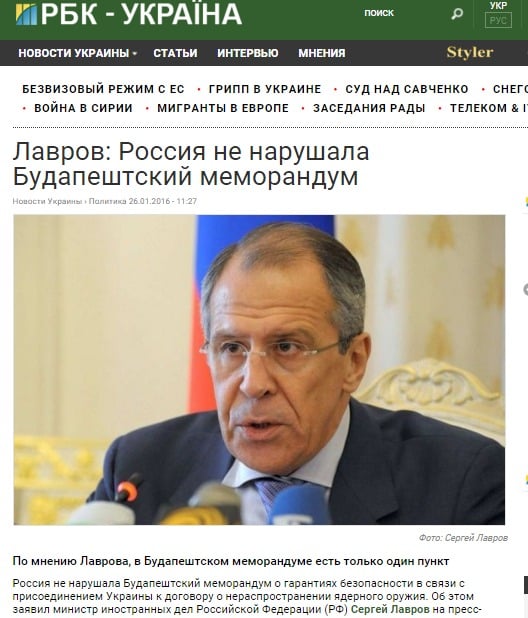
The Budapest Memorandum on Security Assurances is a political agreement signed in Budapest in 1994 by Ukraine, Russia, Great Britain and the United States in connection with Ukraine’s accession to the Nuclear Non-Proliferation Treaty, as a result of which Ukraine gave up the world’s third largest nuclear weapons arsenal. The fifth point of the six part memorandum does in fact commit Russia, a nuclear power, not to use atomic weapons against Ukraine.
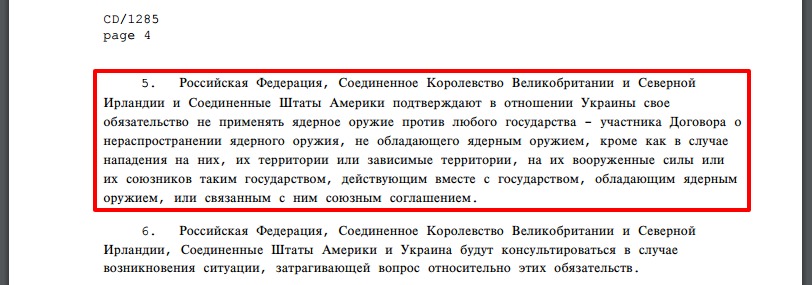
At the same time the document outlines Russia’s obligations to guarantee Ukraine’s territorial integrity in exchange for Ukraine giving up its nuclear weapons. Point one says that Russia reaffirms its commitment to “respect the independence, sovereignty and existing borders of Ukraine”. In Point two the Kremlin pledged to “refrain from the threat or use of force against the territorial integrity or political independence of Ukraine and that none of its weapons will ever be used against Ukraine.
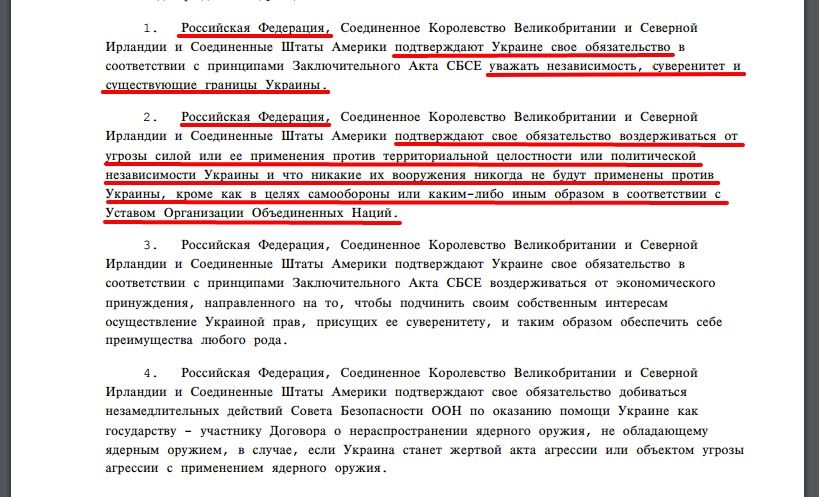
Ukraine’s Foreign Minister Pavlo Klimkin challenged the Russian Foreign Minister and suggested that Lavrov read the text of the Memorandum.
Russia began claiming that it had not violated the Budapest memorandum right after annexing Crimea, on April 1, 2014 Russia’s Foreign Ministry announced was only obliged “not to use or threaten to use nuclear weapons against non-nuclear states”.

Vladimir Putin also announced that Russia was not bound by the obligations of the Budapest memorandum. Annexing Crimea and violating Ukraine’s territorial integrity was allowed, maintained the Kremlin, because after the Maydan revolution occurred in Ukraine and President Viktor Yanukovych escaped to Russia, Moscow no longer had a binding contract with the “new state”.
